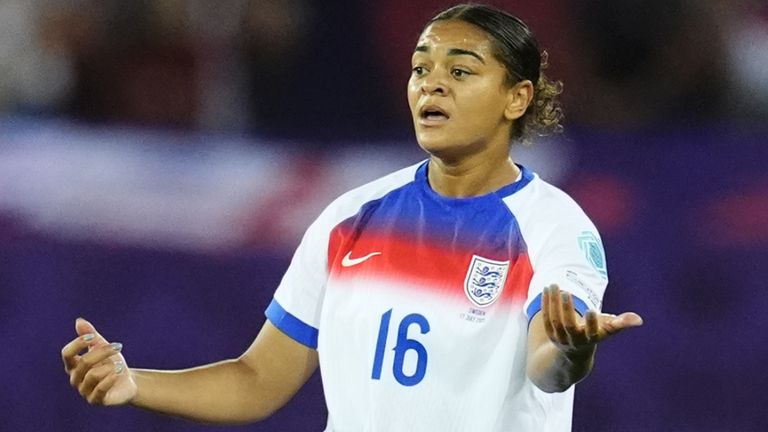Research has revealed that most of Britain’s leading sports teams and governing bodies lack specific safeguarding policies to protect women from online abuse. The findings, based on an analysis of 52 organisations and clubs across football, cricket, and rugby union, suggest that many are shifting the responsibility onto athletes themselves rather than providing robust institutional protections.
The issue has gained fresh attention in recent weeks, with high-profile female athletes speaking out about the levels of online hate they face. Studies show that female athletes experience significantly more abuse than their male counterparts, particularly on social media, where visibility has increased alongside the growth of women’s sports. At major tournaments, such as the Women’s World Cup, female players were found to be substantially more likely to face threats and harassment compared to male players in similar competitions.
The scrutiny of club and governing body policies found a lack of tailored protection for women’s sports. While some organisations have general guidelines for social media use, few address the specific risks faced by female athletes. The absence of gender-specific safeguarding is alarming, especially given that women in sport are statistically three times more likely to be targeted by online abuse.
The study also noted that while some clubs run awareness campaigns, these efforts often remain superficial and performative, lacking real structural measures to ensure safety. Many campaigns focus heavily on racism while failing to address misogyny and other forms of discrimination disproportionately aimed at female players. This creates a gap between public messaging and practical support, leaving athletes vulnerable.
Experts argue that simply advising athletes to manage their own online safety is insufficient, particularly as female players depend on social media for brand partnerships and career opportunities. Avoiding social media entirely is not a realistic option, as it plays a central role in building personal brands and securing sponsorships.
The findings highlight a pressing need for sports bodies to move beyond symbolic gestures and implement comprehensive, gender-sensitive safeguarding measures. Without this, the growing visibility of women in sport risks being undermined by unchecked abuse, placing both the mental wellbeing and professional opportunities of female athletes at risk. The call is clear: safeguarding female athletes from online abuse must be prioritised as seriously as promoting the women’s game itself.

